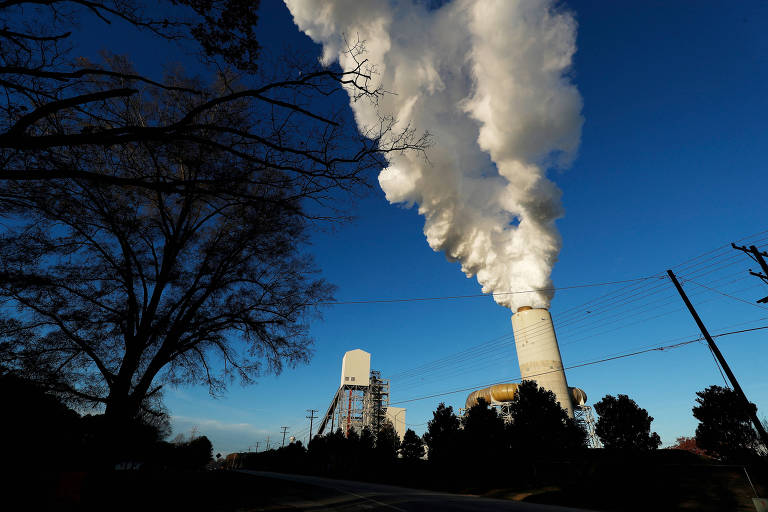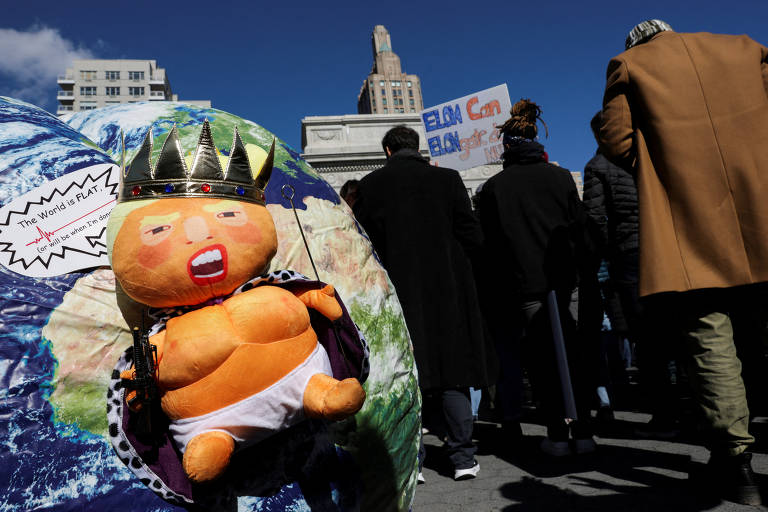How Trump-Handpicked Scientists Are Trying to Destroy the Climate Consensus

A new report from the U.S. Department of Energy says future global warming projections are exaggerated, while benefits of higher carbon dioxide levels, such as more productive farms, are ignored.
The material concludes, in disagreement with the prevailing scientific view, that policies to reduce greenhouse gas emissions risk doing more harm than good.
Released on July 29, the report is part of an effort by the Donald Trump administration to try to strip the U.S. government of its authority to regulate greenhouse gases. It is the result of the work of scientists known for contradicting the consensus embodied in reports by the Intergovernmental Panel on Climate Change (IPCC), whose work is endorsed by virtually every nation.

The release of a dismissive approach to global warming science on the same day the Environmental Protection Agency (EPA) said it plans to revoke its Endangerment Declaration — a determination that greenhouse gases harm public health and welfare — marked an escalation in the administration's war on regulations.
Since its adoption in 2009, the Hazard Declaration has become the basis for many U.S. environmental rules.
EPA Administrator Lee Zeldin said repealing the declaration "would end $1 trillion or more in hidden taxes on American businesses and families."
Climate experts say this will undermine the country's efforts to curb rising temperatures and mitigate impacts such as more intense storms, droughts, and wildfires. The federal government's own research shows that extreme weather events are already causing $150 billion in annual losses in the U.S.
In its proposed rule to overturn the declaration, the EPA references the Department of Energy report more than two dozen times. Energy Secretary Chris Wright wrote in the report's foreword that he commissioned it and selected the authors to form a working group.
The agency's support for counter-consensus research contrasts with the broad rollback of other climate work under President Donald Trump.
Since his inauguration in January, hundreds of scientists have been fired from agencies , including some who had focused on climate change. The EPA recently decided to close its main scientific research arm, which has been a crucial tool for policymaking.
The U.S. canceled a landmark climate change report, the sixth National Climate Assessment, and removed numerous web pages on climate science. Some of them related to previous National Climate Assessments—studies that hundreds of researchers spent years meticulously compiling.
The new report's authors include Steven Koonin, a researcher at Stanford's Hoover Institution who wrote a 2021 book arguing that climate science is "uncertain"; Roy Spencer, a scientist at the University of Alabama in Huntsville and a senior fellow at the climate denialist group Cornwall Alliance; and Judith Curry, a climatologist formerly at Georgia Tech who testified to a U.S. Senate committee in 2023 that climate change has been mischaracterized as a crisis.
A Department of Energy spokesperson said the report's authors "represent diverse viewpoints and political backgrounds and are all well-respected and highly credentialed individuals."
The spokesperson added that the report "was reviewed internally by a group of scientific researchers and policy experts from the Office of Science and National Laboratories," and that there will be a 30-day period for the public to comment.
Ann Carlson, an environmental law professor at the University of California , Los Angeles , said the report presents a number of arguments the government can use to claim that "public health and welfare are not endangered by emissions that come from the automotive sector, the trucking sector, the electric sector."
Rather than deny that climate change is happening, Carlson said, "what they're trying to say is, 'Well, it's not that bad. It's really expensive to mitigate. And that expense actually hurts people more than anything we could do'" to slow it.
This is in line with previous comments from Trump cabinet members who downplayed global warming or public concern about it. Carlson called the report "an all-out assault" on climate science and past policies.
Zeke Hausfather, climate lead at Stripe Inc. and research scientist at the nonprofit Berkeley Earth, has contributed to major U.S. and international climate reports. He described the Department of Energy's publication as "scattered" and said it "would not pass any traditional scientific peer review process."
The fact that the administration released it after removing web pages that hosted "the real, Congressionally mandated National Climate Assessments," he said, is "a travesty."
The report is a "package of blows" against the scientific consensus that previously informed U.S. climate policy, and against that policy itself, said Jennifer Jacquet, a professor of environmental science and policy at the University of Miami . "It's truly surreal to think that this is where we are in 2025."
The EPA will have to go through the lengthy federal rulemaking process to try to repeal the Hazard Declaration. If the proposed rule is finalized, legal challenges are inevitable. The issue could end up before the Supreme Court, which ruled in the 2007 Massachusetts v. EPA case that greenhouse gases were pollutants the EPA could regulate under the Clean Air Act.
Getting the court, which now has a conservative majority, to reverse the 2007 decision could be the ultimate goal, Carlson said. The effort would be risky, but it could be successful, she said.
"I think on all fronts, the arguments the [EPA] administrator is going to make—based on the department's report—are extremely weak," Carlson said. "But we also have a court that is very hostile to environmental regulation."
uol






